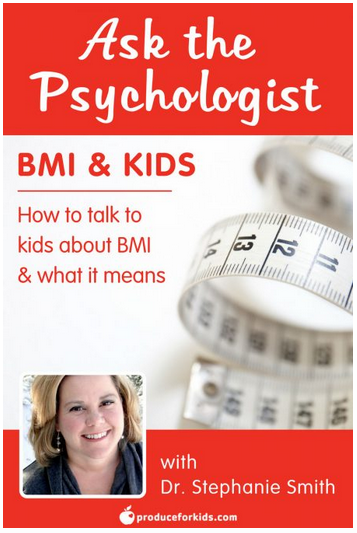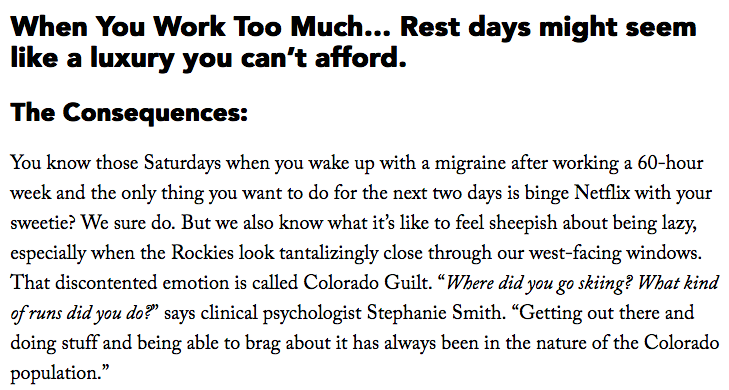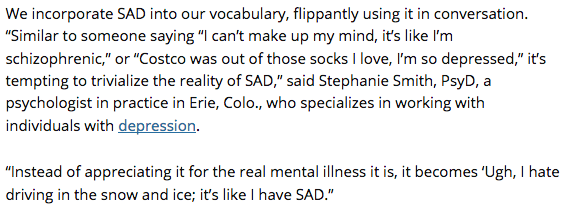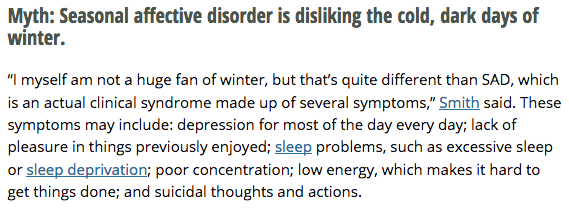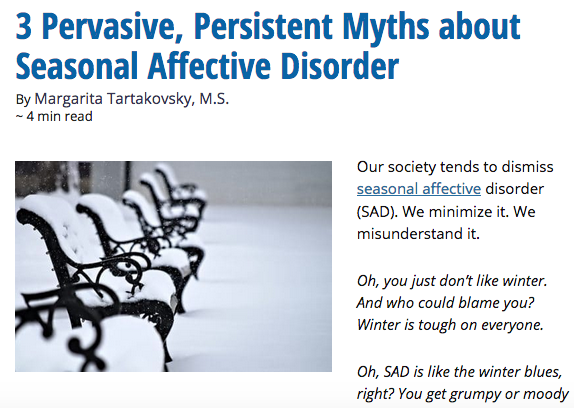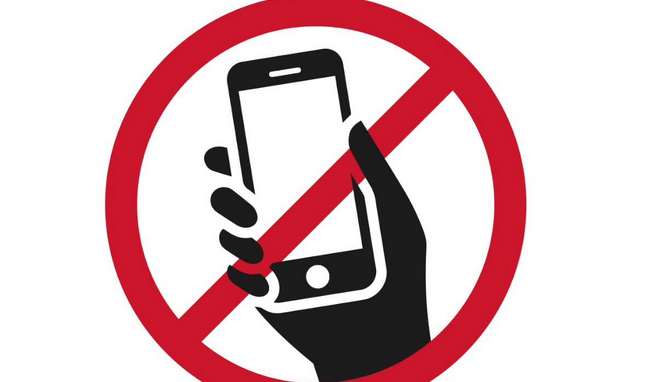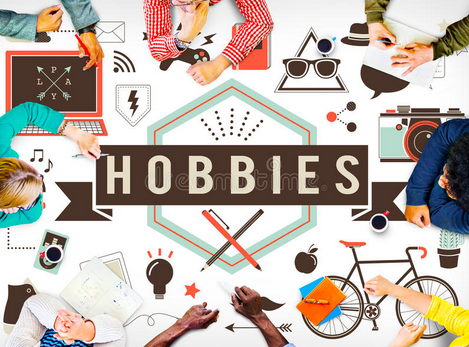
Last week I wrote an article about why hobbies are an important part of overall mental health. Mostly because we all need a break from the “business” of life once in a while. And it’s essential to find things that we enjoy doing “just because” and not because they have to be done (like working, taking care of family, etc).
But what if you don’t have a hobby? Some ideas about where to start:
- Think back to your childhood. Were there things you absolutely loved to do? Gymnastics? Drawing? Singing? Playing with toy cars? Remember those days when you had lots of free time. How did you choose to spend it?
- Spend a few days really paying attention to the times in your day that bring you pleasure. Is it when you’re making dinner in the evening? Talking to your best friend on the way home from work? Listening to a motivational speaker on a podcast?
- Pay attention to the signs/notices/announcements you inevitably come in contact with everyday. Maybe they’re tacked up at the post office, posted on your neighborhood Facebook page, or in the newspaper you read. There are opportunities all around us. Once you start paying attention to them, are there some that seem more interesting than others?
- Once you have a few ideas in mind from the things you noticed above, spend a bit of time learning about 2 or 3 of them. What does it really take to learn the guitar? Would developing a knitting hobby be worthwhile if you are allergic to wool? Is picking up golf within your household budget of time and money?
- Choose one and go with it. Oftentimes folks who are new to the world of hobbies believe they need to be absolutely passionate about something before they dive into it. Not so! In fact, people often need to try out several avocations before they find one or two that stick. And of course there’s nothing wrong with switching hobbies on a regular basis. That’s the whole point – they are pleasure for pleasure’s sake. So let go of your expectations and just enjoy!
Happy hobby-ing!



